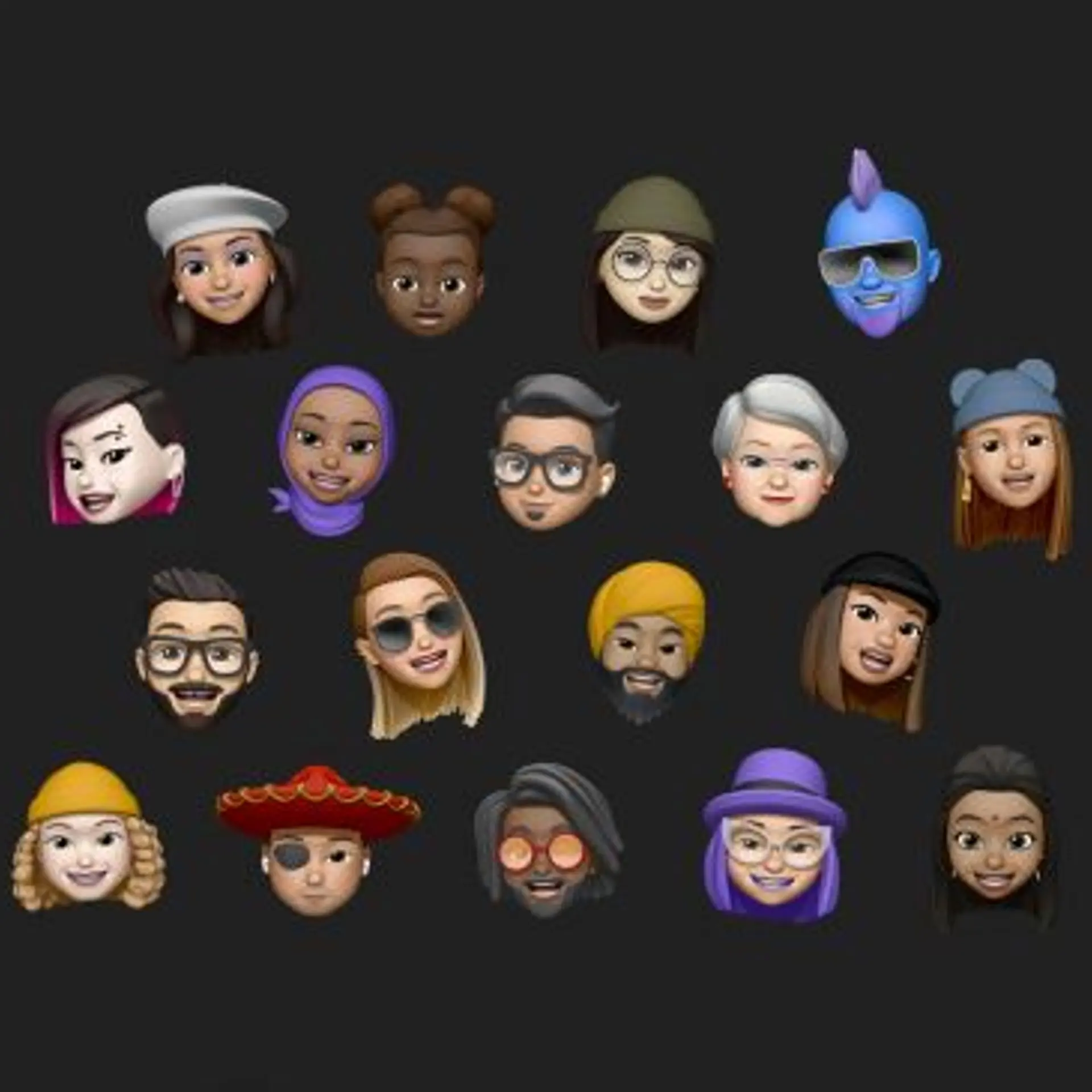

.jpg?fm=png&auto=format&w=800)
While most people have already forgotten about their New Year resolutions, forgetting your SEO resolutions can have dire consequences. There are still the number of crucial mistakes that affect your SEO performance negatively. The good news is that it is not too late to redirect your efforts and make the best of the great SEO techniques.
1. Thinking that excellent content is substitution for SEO
Content marketing is critical and works effectively alongside SEO to improve your rankings. However, some business owners think that they can replace SEO with great content which is a great fallacy. While there are many great examples of excellent content that ranks high without any attempts at optimization, this is usually the exception but not the rule.
2. Thinking great content will get links without link building
There is always a possibility that good content will get links without any attempts at link building. However, in most circumstances, failing to build links will result in 90 percent of your content sitting forlornly on your site. According to the 2016 State of Link Building Survey, effective link building strategies include digital PR, guest blogging and creating excellent content that can attract links.
3. Guest blogging on the wrong site
Guest posting is an effective method of building links, increasing leads and gaining exposure. The only problem is that posting on a wrong site can damage the reputation of your site and affect your rankings. To avoid such problems, always do due diligence to make sure that the site you intend to guest post on is reputable, match up with your niche and publish unique, high-quality content.
4. Failing to promote your content
People will only know about your content if you promote and distribute it. Without intentional promotion, your content will only gather a handful of shares or links on your site. According to a study conducted by BuzzSumo and Moz, 50 percent of all online content they sampled had less than 2 percent Facebook likes or shares while 75 percent had no external links. The most probable explanation for this dismal performance is a failure in intentional distribution.
5. Spammy SEO tactics
While most businesses know enough to avoid engaging in this old SEO tactic, some businesses are still doing it using different techniques. Common examples of spammy techniques of building links include paying for a text link or banner ad on another site without a no-following link and requesting a product review with a link back to your website.
6. Creating short content
Most of the time, longer posts rank more highly and gives a better user experience compared to shorter posts, however, it is not abnormal for short content to rank highly. According to serpIQ, pages in top positions tend to have longer content compared to pages that rank less highly which have shorter pages. Here the general rule is, longer is better.
7. Absence of internal links
Linking your content to other posts and pages on your site give a better user-experience and is also good for SEO. This practice helps to distribute links equally throughout the site and enhances metrics including page views and time-on-site. Effective techniques of internal link building include using natural anchor text instead of just using keywords to rank, linking to relevant content and linking to deep pages.
8. Focusing on social media compared to links
While the social media is a highly effective content marketing tool, it is not a substitute for building authoritative links. Social media is not necessarily bad for SEO, but it does not carry much weight with Google's algorithm.
9. Ineffective keyword research and usage
Nowadays, keyword research is not just about identifying popular low-competition phrases and keywords. You also need to use those keywords across your content strategically. In addition, you need to use related terms and variations of the keyword to help your site rank higher. For effectiveness, keyword research should be used as a listening and ranking tool to help you develop content, meet consumer demand and increase your ranking potential.
10. Broken links
Broken links not only annoy users visiting your site, but they also have a negative impact on your SEO. Common causes of broken links include a change in URL structure, moved or deleted content and incorrect re-directs. To help you sniff out broken links and deal with them effectively, consider using Screaming Frog's Broken Link Checker.
Semalt SEO Tips


.jpg?mode=crop&crop=faces&ar=2%3A1&format=auto&w=1920&q=75)


![[Solved] How Do I Archive Gmail To Hard Drive? –Free 2 Methods](https://images.yourstory.com/cs/1/6adf7280a22111e9942e43b70868d185/Imaged3br1569065982213jpg?mode=crop&crop=faces&ar=1%3A1&format=auto&w=1920&q=75)
